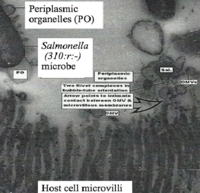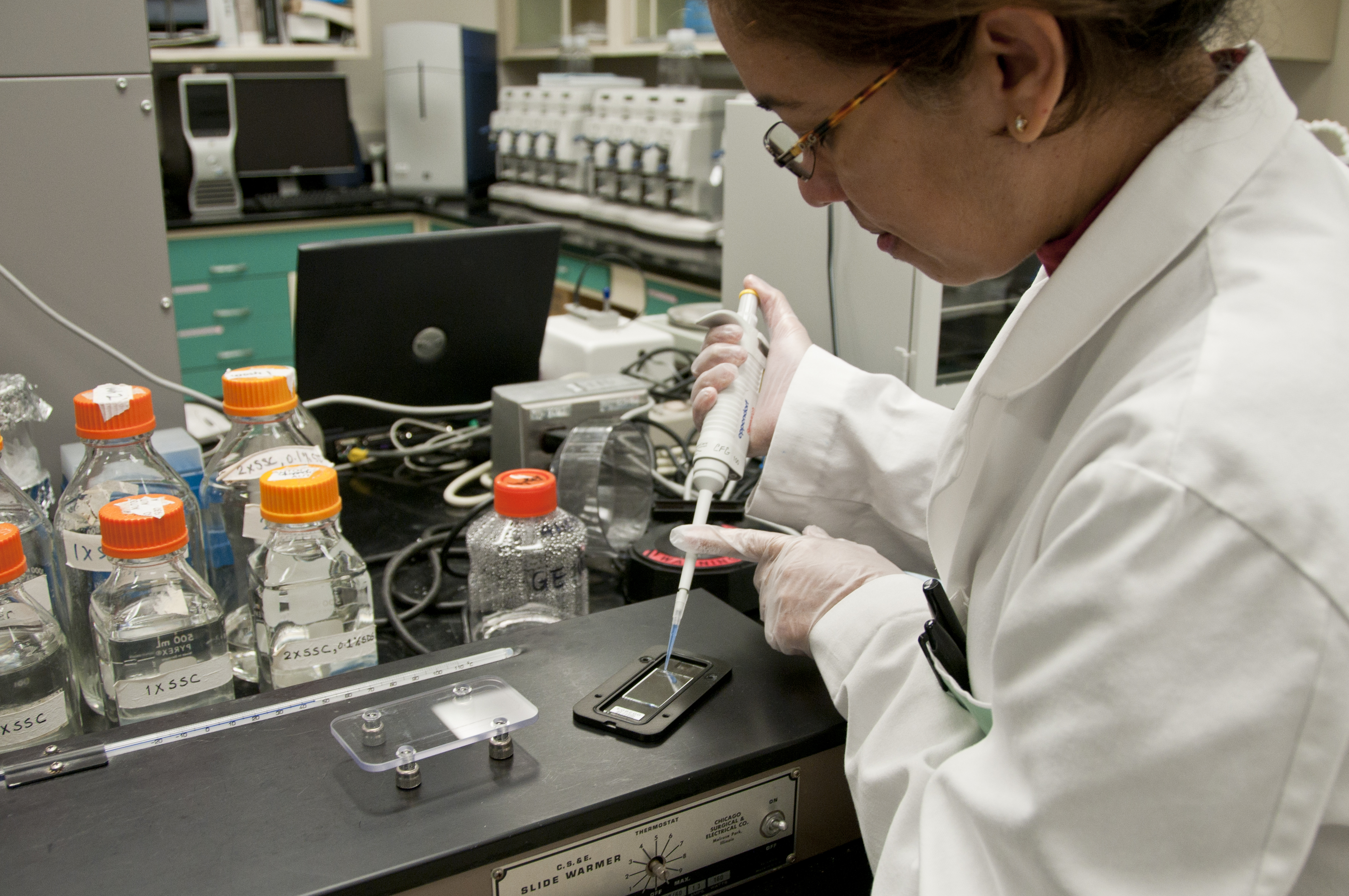
Nanobugs as Drugs: Bacterial Derived Nanomagnets Enhance Tumor Targeting and Oncolytic Activity of HSV-1 Virus.
Sign Up to like & getrecommendations! Published in 2022 at "Small"
DOI: 10.1002/smll.202104763
Abstract: The survival strategies of infectious organisms have inspired many therapeutics over the years. Indeed the advent of oncolytic viruses (OVs) exploits the uncontrolled replication of cancer cells for production of their progeny resulting in a… read more here.
Keywords: bacterial derived; tumor targeting; nanobugs drugs; drugs bacterial ... See more keywords

Hierarchical structure of bacterial-derived cellulose and its impact on biomedical applications
Sign Up to like & getrecommendations! Published in 2019 at "Current Opinion in Chemical Engineering"
DOI: 10.1016/j.coche.2019.04.005
Abstract: Since its discovery in 1886, bacterial-derived cellulose has become a highly researched biomaterial due to its unique structural properties. These properties include fibrous structure and robust stability through immense hydrogen bonding. The hydrogen bonding and… read more here.
Keywords: structure bacterial; derived cellulose; bacterial derived; hierarchical structure ... See more keywords

Outer membrane vesicles: A bacterial-derived vaccination system
Sign Up to like & getrecommendations! Published in 2022 at "Frontiers in Microbiology"
DOI: 10.3389/fmicb.2022.1029146
Abstract: Outer membrane vesicles (OMVs) are non-living spherical nanostructures that derive from the cell envelope of Gram-negative bacteria. OMVs are important in bacterial pathogenesis, cell-to-cell communication, horizontal gene transfer, quorum sensing, and in maintaining bacterial fitness.… read more here.
Keywords: system; outer membrane; derived vaccination; bacterial derived ... See more keywords

Plant- vs. Bacterial-Derived Cellulose for Wound Healing: A Review
Sign Up to like & getrecommendations! Published in 2020 at "International Journal of Environmental Research and Public Health"
DOI: 10.3390/ijerph17186803
Abstract: Cellulose is a naturally existing element in the plant’s cell wall and in several bacteria. The unique characteristics of bacterial cellulose (BC), such as non-toxicity, biodegradability, hydrophilicity, and biocompatibility, together with the modifiable form of… read more here.
Keywords: wound healing; plant; plant bacterial; cellulose wound ... See more keywords